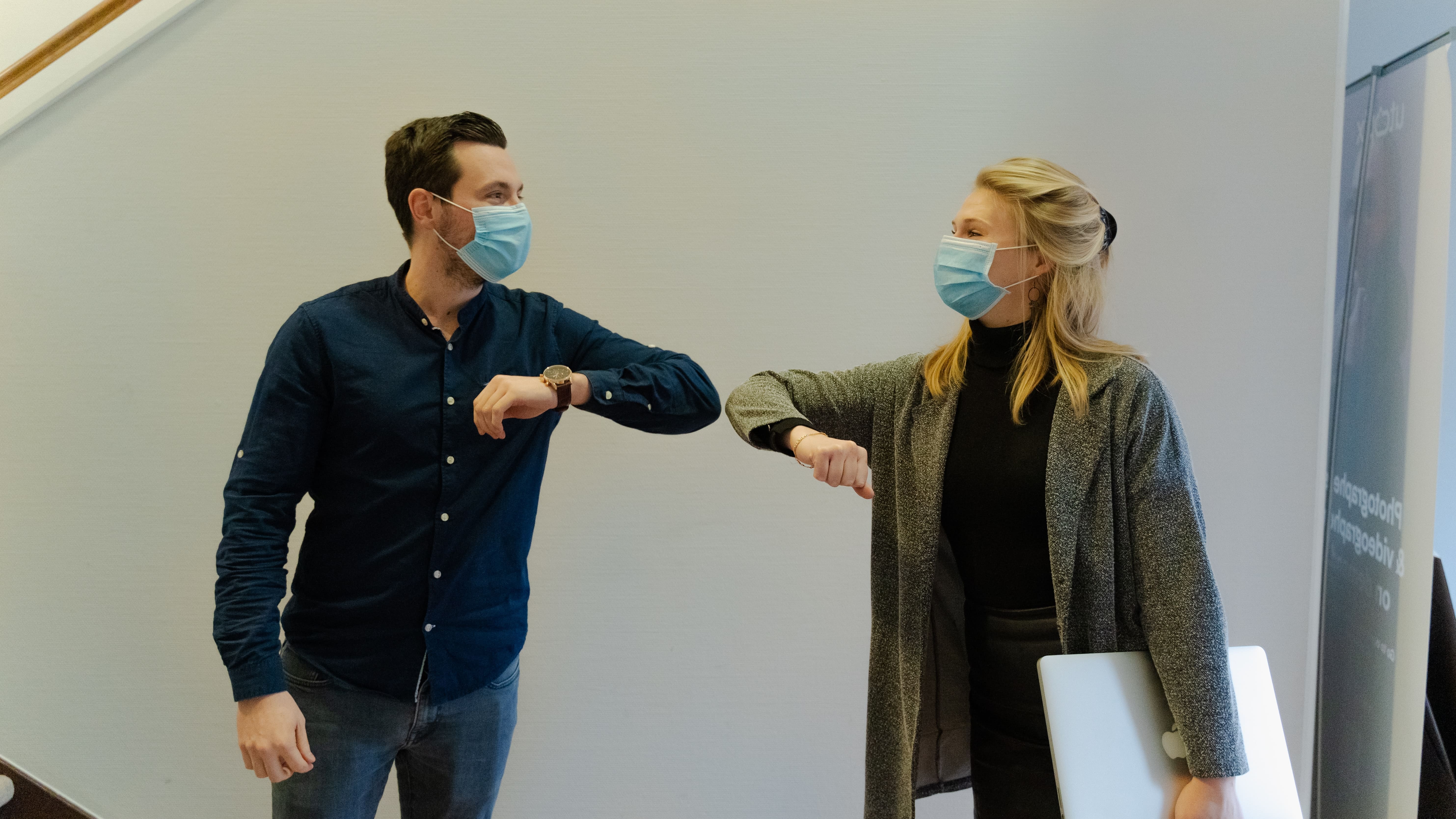2 min read
Leadership Styles Quiz: What's Your Approach to Leadership?
What’s your leadership style? From new managers to seasoned executives, it is not uncommon for the answer to this question to be along the lines of...
5 min read
 Michelle Bennett
:
Sep 23, 2021 5:30:00 AM
Michelle Bennett
:
Sep 23, 2021 5:30:00 AM

If you haven’t heard the following statistic before, prepare to be surprised. According to a study conducted by Harvard Business Review, it was found that 58% of people say they trust strangers more than their own boss. Yes, you read that right, and if you’re troubled by it, you should be.
As leaders, it’s imperative we build relationships based on trust and mutual respect. Without it, it can be far more difficult than it has to be to achieve our mandate and have positive and productive day-to-day interactions with those in our charge.
Remember, trust and respect doesn’t just happen. You cannot just will an employee to do so. Instead, you must earn it; and the only way to do so is with time and intentionality.
If all this has you wondering if your actions and behaviors as a leader are earning your employee’s trust and respect, or impeding it, take the following quiz to get a general idea about where you currently are on the journey.

A crucial part of gaining your employee's trust and respect is having integrity. To employees, it means you do what you say you are going to do. Think of your actions and behaviors in the last 6 months, which of the following would best describe you:
Finish the following sentence: When my employee makes a mistake, I…
When it comes to your employee’s strengths and weaknesses, which of the following answers most accurately describes you:
Think of the last time one of your employees was struggling at work. They may have been showing signs of burnout, making uncharacteristic mistakes, or getting into disputes and conflicts with their colleagues. What did you do?
If your employees were talking to a trusted colleague or friend, what would they say regarding their performance and knowing where they stand?
Think about your team meetings. What kind of environment have you created and are you proud of it?
When it comes to delegating tasks to employees, which most accurately describes you:
Think of a time when your employee approached you and was upset about the way a colleague spoke to them, either on your team or not, or a superior that is not you. You agree that it was inappropriate. What did you do next?
If you confidently answered mostly A’s to the questions above, then you are taking meaningful steps to earn your employee’s trust and build a relationship of mutual respect. This is important because trust and respect in the workplace, especially between a direct leader and employee, correlates to lower turnover, higher employee engagement, less burnout, more innovation, and higher productivity. Therefore, you should keep doing what you’re doing! The investment of time, energy, and resources into building trust and respect is one that pays back in spades.
If your answers were a bit all over the place, but mostly B’s, then you’re probably on track to eventually have a relationship of mutual respect and two-way trust with your employees. Though if you want that relationship to form faster or be stronger, your efforts will need to be taken up a notch. Hint: Look at all the A’s in this quiz and use them to inform your actions and behaviors going forward as they are all ideal ways to build trust and respect.
There’s no easy way to say it; if you answered mostly C’s to the questions above, you need to evaluate your approach in the future if you want to earn your employee’s trust and respect and get it in return. In this case, you may consider investing in a leadership development program. It will provide you with the fundamental skills you need to build a relationship based on trust and respect, such as giving feedback, coaching employees, engaging in difficult conversations, and discussing performance.

2 min read
What’s your leadership style? From new managers to seasoned executives, it is not uncommon for the answer to this question to be along the lines of...

5 min read
What do you do when you feel a strong emotional response to a situation, decision, or encounter in the workplace? Do you bottle it up? Wish it away?...

5 min read
Very few leaders set out to be intimidating. In fact, most have a genuine desire to get along with their employees and build relationships based on...